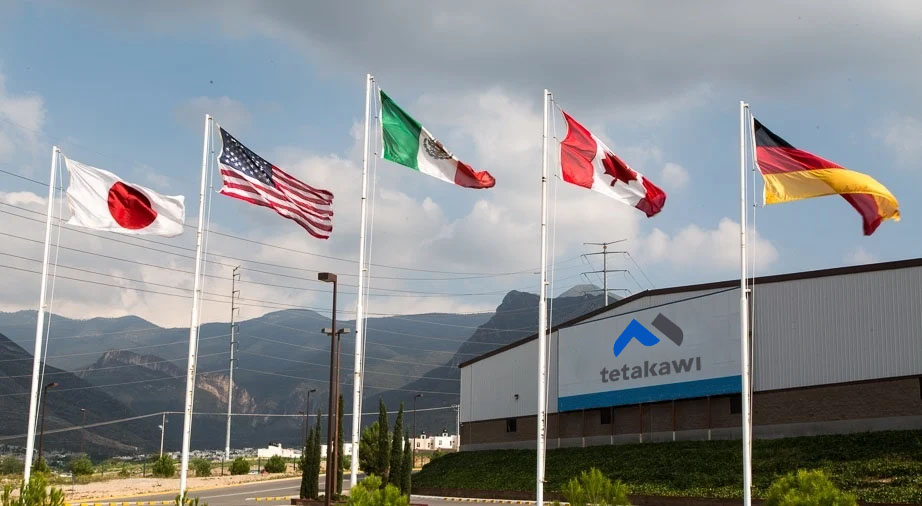One of the most important pieces of legislation connecting any two countries is that concerning trade details. This is particularly true when we consider trade agreements between the United States, Canada, and Mexico.
Previous trade deals have helped to boost working relationships between the nations, increase employment opportunities, and offer a range of benefits to parties in both countries.
As with other forms of law, however, there are frequent updates, changes, and adaptations, and these can have significant impacts on businesses—including those looking to expand their reach into Mexico.
One of the most important changes in recent years is the change of the North American Free Trade Agreement (NAFTA), signed in 1994, to the United States-Mexico-Canada Agreement (USMCA), which was signed in 2018, redrafted in 2019, and effective as of 2020.
A number of elements of the agreements remain the same, but there are a range of areas that have changed. It is important that you make yourself aware of these changes, as they may possibly have an effect on your business.
How Does The USMCA Benefit The Regions Involved?
Before we take a closer look at the details of NAFTA vs USMCA, it is worth looking at the benefits of the latter.
Supporting Small Businesses
One of the main advantages of the USMCA is the benefit to small and medium-sized businesses with the removal of cumbersome red tape and the increase of the de minimis threshold at borders. Following the agreement, any imports under $2,500 do not need the same amount of paperwork as larger shipments do, allowing smaller businesses to process their transactions more quickly.
The de minimis level has also been increased at the Canadian border from C$20 to C$40, exempting any shipment lower than that amount from taxes or duties. The rate for duty-free imports has also risen to C$150, while rates for Mexico have increased to $50 USD for imports exempt from taxes and duty, and $117 USD for express and duty-free shipments.
Intellectual Property And Digital Trade
The USMCA has increased the duration of intellectual property to 70 years, compared to NAFTA’s 20 years, and customs duties have been removed on all digital products, including ebooks, software and video games.
Digital protection is also heightened. Data flows are protected, and companies are no longer legally required to disclose algorithms or source codes.
What Has Changed?
A number of elements and niches have been impacted by the change from NAFTA to USMCA, and these include:
Auto Manufacturing
Under the terms of NAFTA, at least 62.5% of all vehicle parts were required to be made across the three nations—the USA, Canada, and Mexico. Under the terms of USMCA, this has been increased to 75%, with the addition that all workers must earn a minimum of $16 per hour.
This change is predicted to create around 28,000 new jobs in Mexico manufacturing over the next six years.
Labor Laws
Another difference between NAFTA and USMCA is that the latter strengthened labor laws, restricting the number of manufacturing jobs sent to Mexico and ensuring the protection of labor laws in Mexico. This change helps to enforce job equality between the countries while also protecting worker’s rights within the manufacturing industry.
Dairy Farmers
The dairy and farming industries are also impacted by USMCA, with the agreement aiming to increase access by Canadians to dairy, eggs, and poultry from the US. In return, the agreement promises to offer Americans greater access to Canadian peanuts, peanut-based products, and some small amounts of sugar.
Digital Tech
The updated agreement also recognises the importance of digital technology in the modern world, and focuses largely on retaining privacy and confidentiality across borders.
Under USMCA, Canada and Mexico are prohibited from making businesses based in the United States store client and customer data on servers within the USA. Also, these businesses cannot be sued with regards to any content appearing on websites across Mexico or Canada.
Biologic Drugs
Those working in the world of biologic drugs will also need to take note, as the updated agreement is responsible for the removal of protections over the development of biologic drugs. The argument is that keeping these protections in place would be detrimental to the legislation of drug pricing.
What Does This Mean For You?
If you are a business with plans to expand into Mexico, the chances are high that you will be impacted by the switch from NAFTA to USMCA, and having a good working knowledge of this will help you to make smart, informed decisions which have a positive impact on your business.
Subscribe
Sign up and stay informed with tips, updates, and best practices for manufacturing in Mexico.





